In this auspicious occasion, we are delighted to delve into the intriguing topic related to The Hijri Islamic Calendar: A Guide to 1448 AH. Let’s weave interesting information and offer fresh perspectives to the readers.

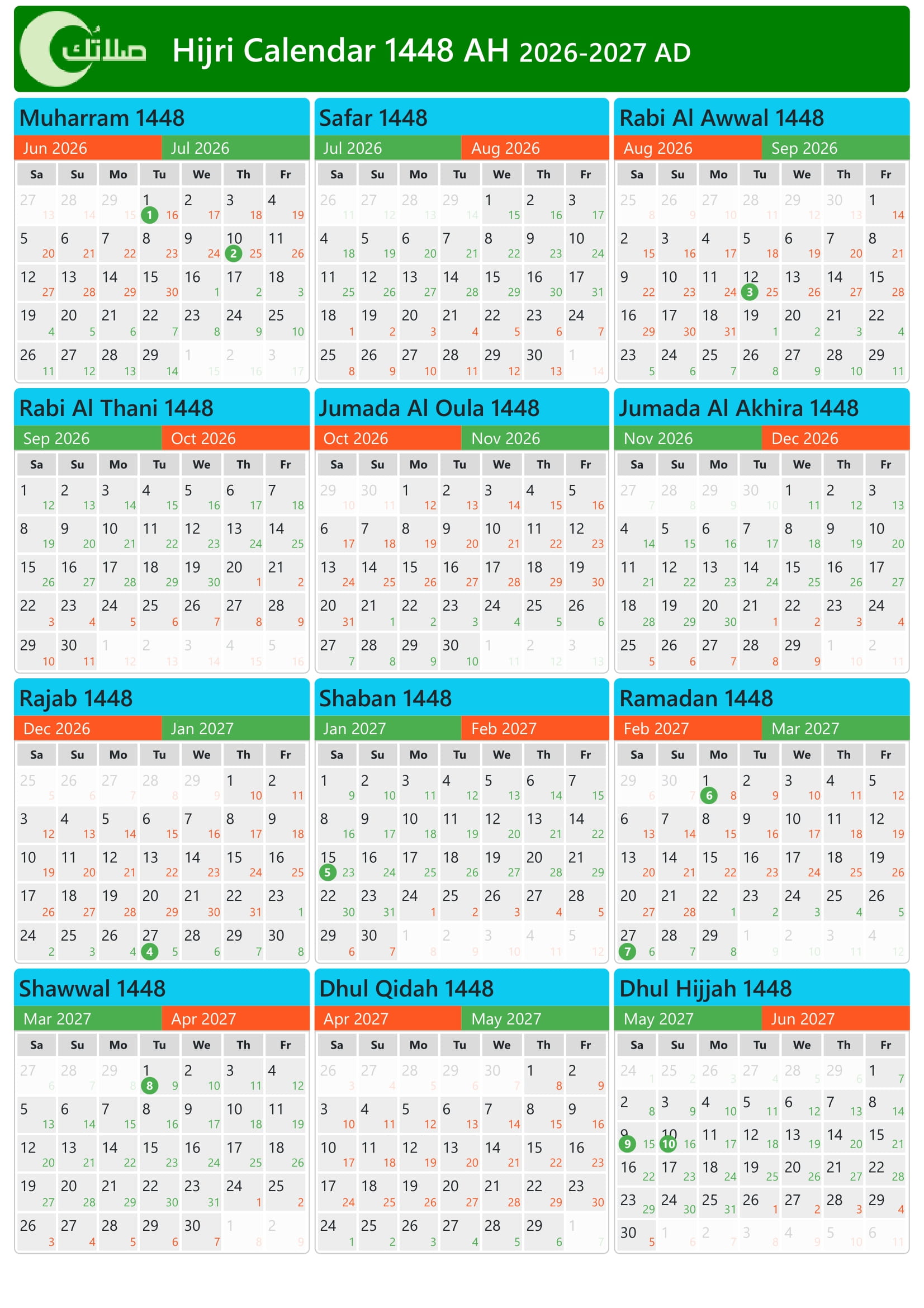

The Hijri calendar, also known as the Islamic calendar, is a lunar calendar that dates back to the 7th century CE, marking the beginning of the Islamic era. It is based on the cycles of the moon, with each month starting with the sighting of the new moon. This results in a calendar with 12 months, each approximately 29.5 days long, leading to a total of 354 or 355 days in a year.
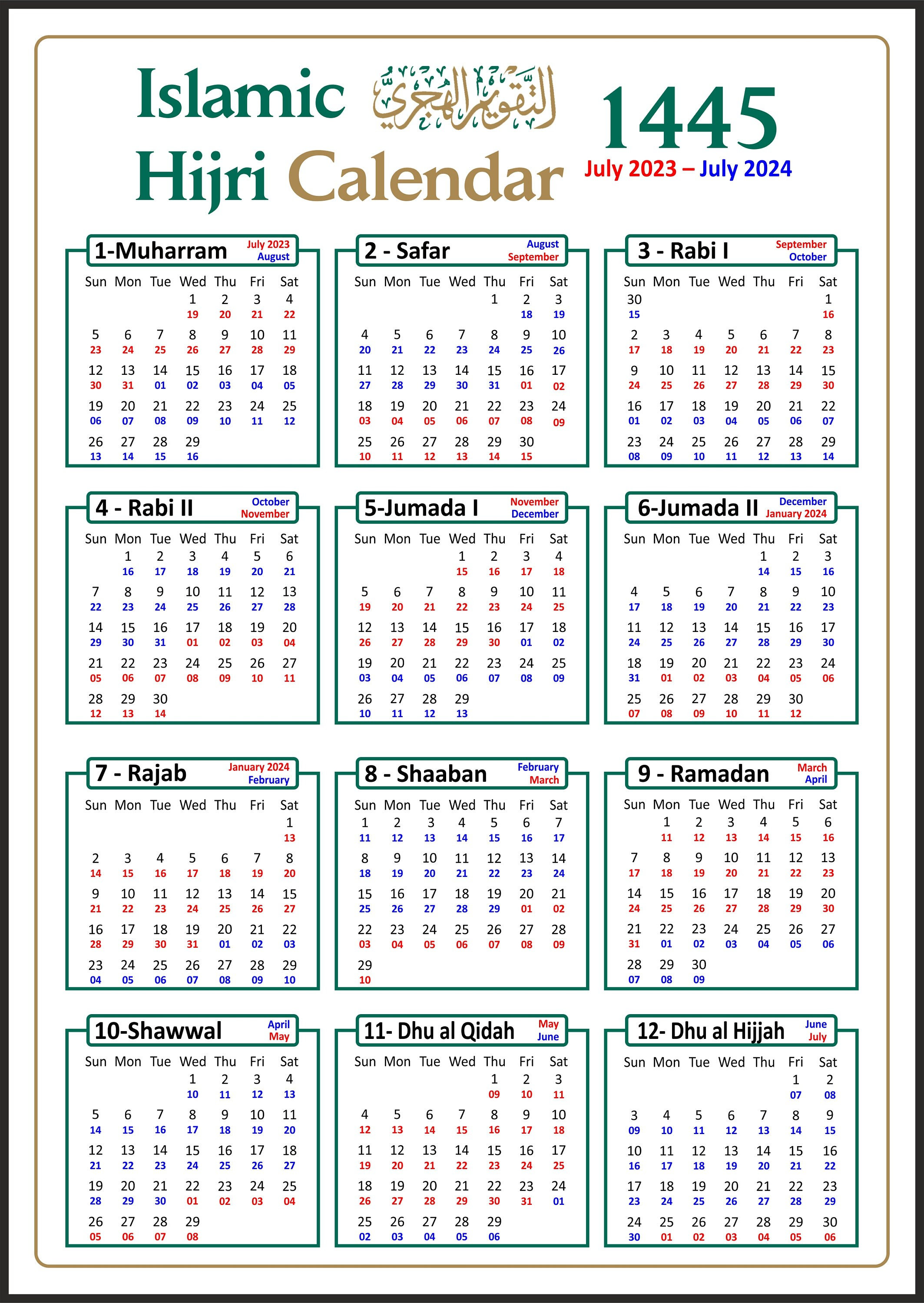
The Hijri calendar is of immense significance to Muslims globally. It governs the timing of important religious observances like Ramadan, the Hajj pilgrimage, and various Islamic festivals. It serves as a unifying factor, connecting Muslims across the world through shared religious experiences and rituals.
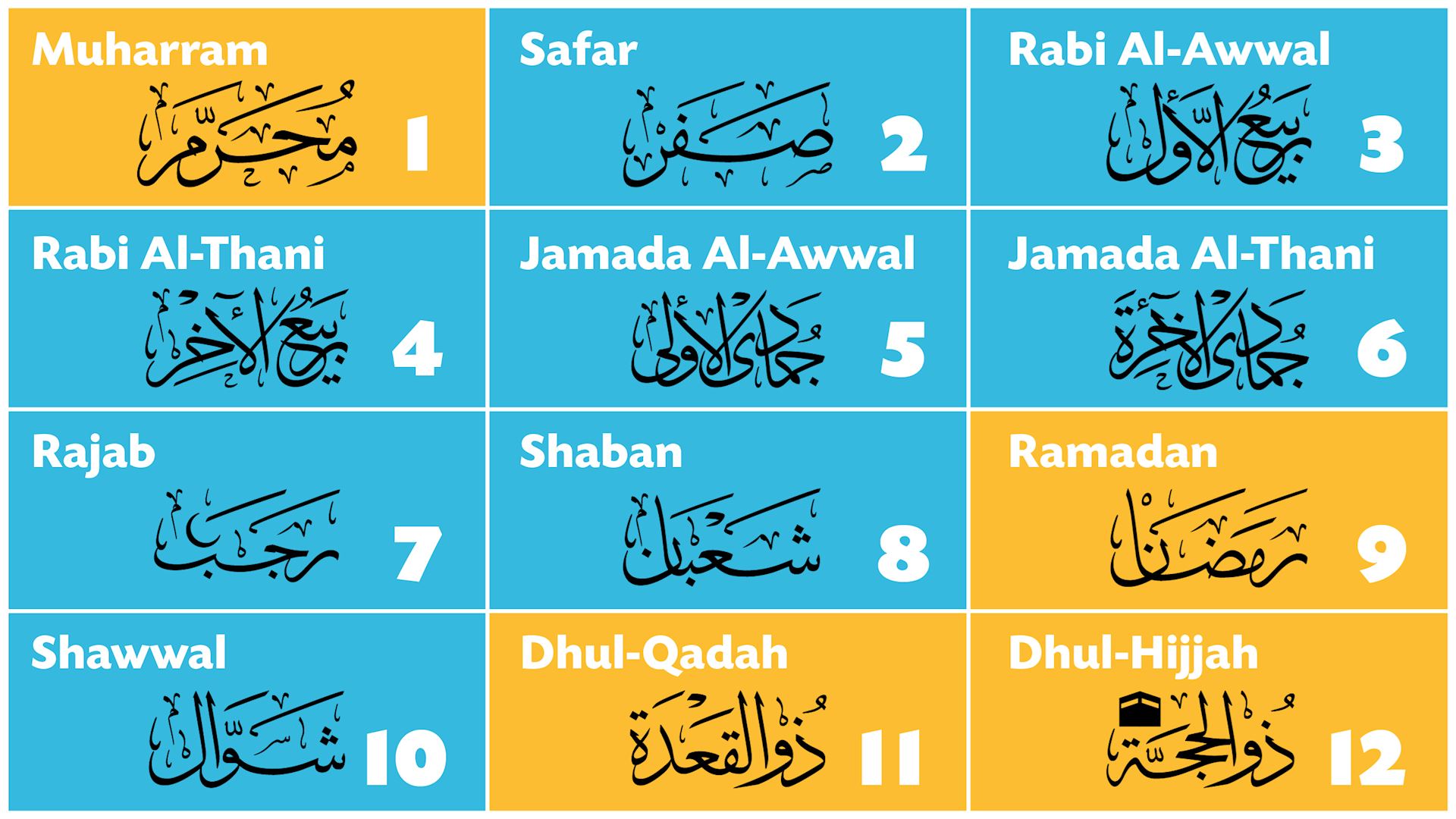
The year 1448 AH, which corresponds to 2026 CE, holds a special place in the Islamic calendar. It marks the continuation of a historical timeline that began with the Hijra, the Prophet Muhammad’s migration from Mecca to Medina in 622 CE.
.png)
The Hijri calendar is not merely a system of timekeeping; it embodies a profound connection to Islamic history and spirituality. Here are some key reasons for its importance:
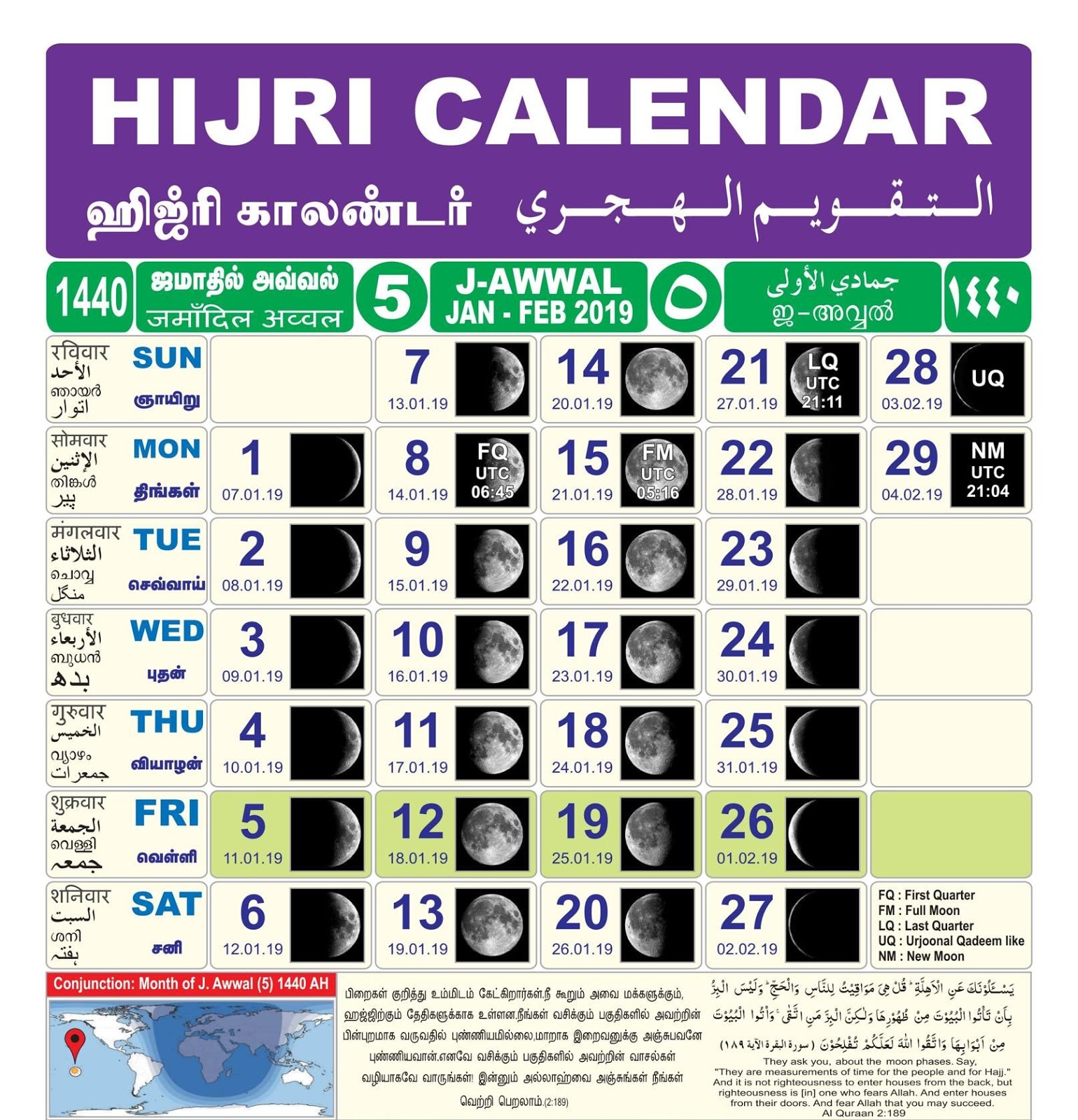
A: Online conversion tools and websites are readily available to convert dates between the Hijri and Gregorian calendars.

A: The Hijri calendar is a lunar calendar, with each year shorter than the Gregorian solar year. This results in a gradual shift in the starting date of the Hijri year relative to the Gregorian calendar.
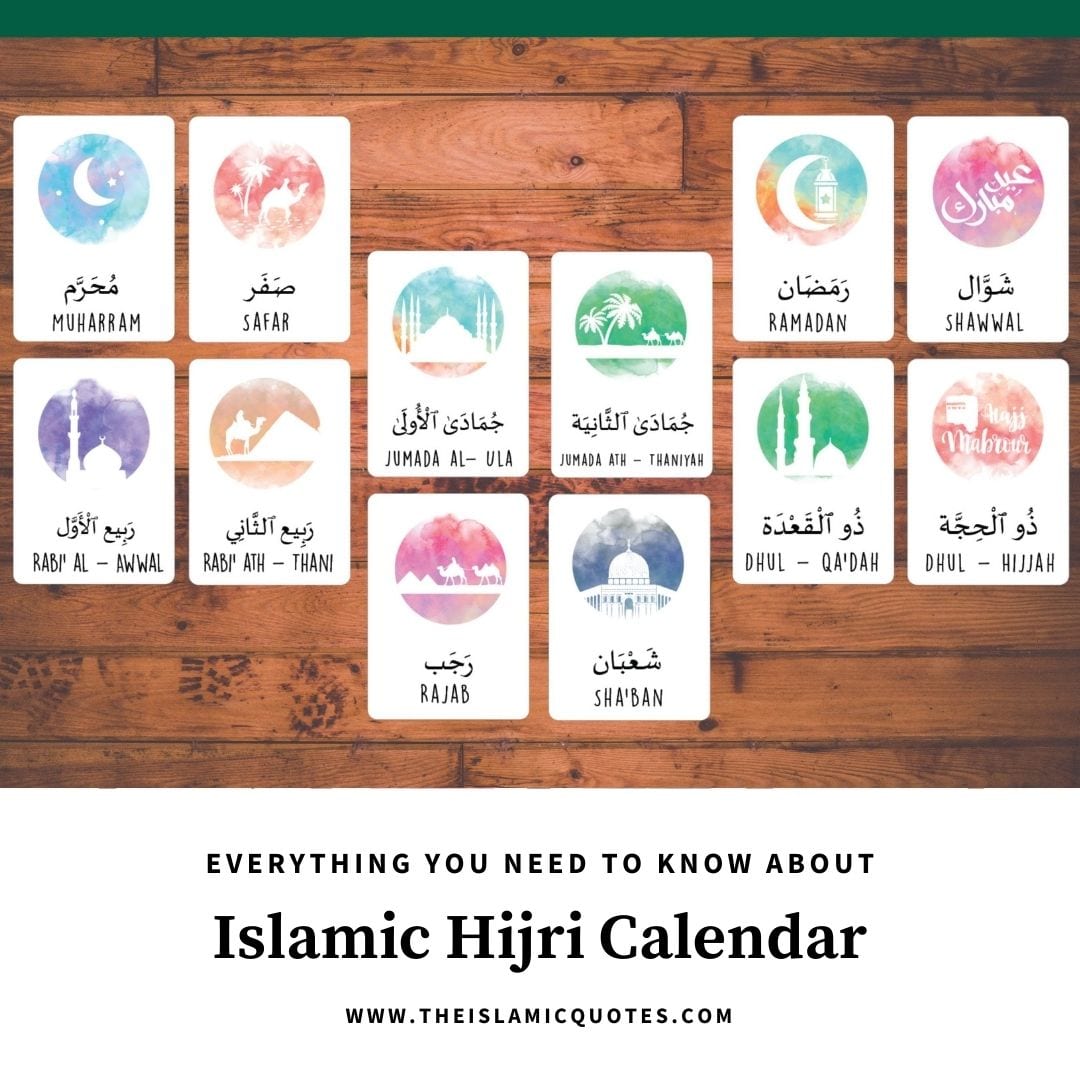
A: The Hijri calendar is lunar, while the Gregorian calendar is solar. This difference in their basis results in a difference in the length of the year and the timing of religious observances.
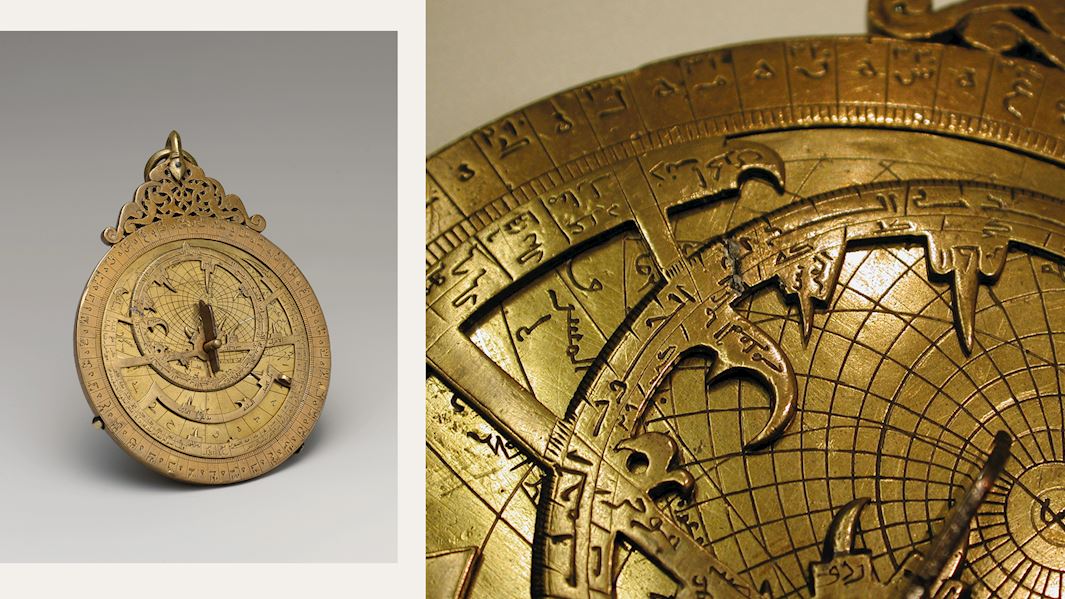
A: While the Hijri calendar is primarily used in Muslim-majority countries, its usage may vary depending on cultural and legal contexts. Some countries may use the Gregorian calendar for official purposes but still follow the Hijri calendar for religious practices.

The Hijri calendar remains a vital part of Islamic life, serving as a guide for religious practices, a reminder of history, and a source of spiritual inspiration. Its continued relevance highlights its enduring legacy and its significance in shaping the cultural and religious landscape of the Islamic world.


.png)





Thus, we hope this article has provided valuable insights into The Hijri Islamic Calendar: A Guide to 1448 AH. We appreciate your attention to our article. See you in our next article!
Your email address will not be published.